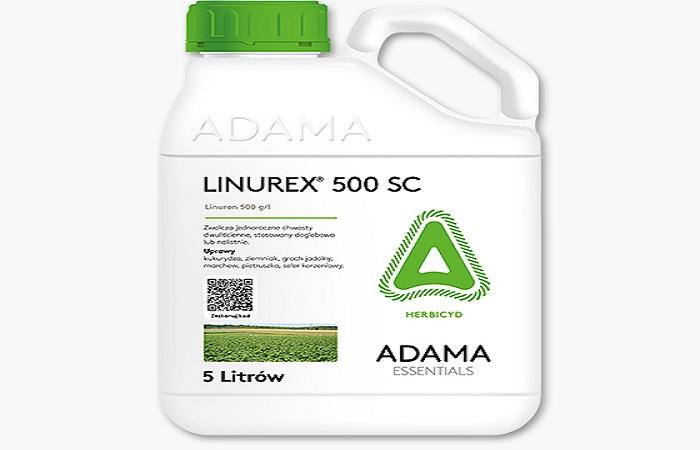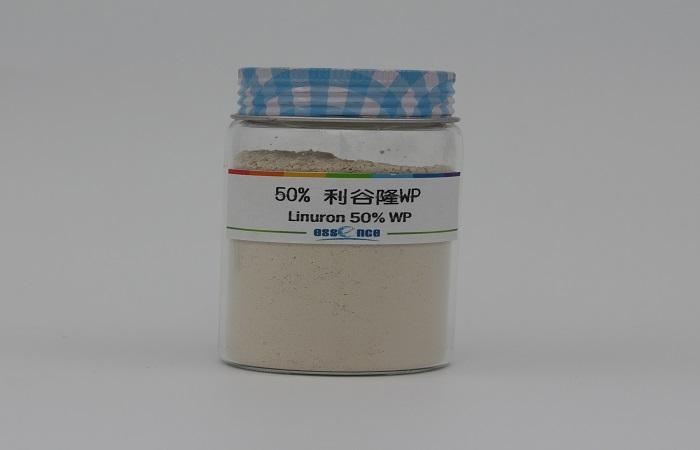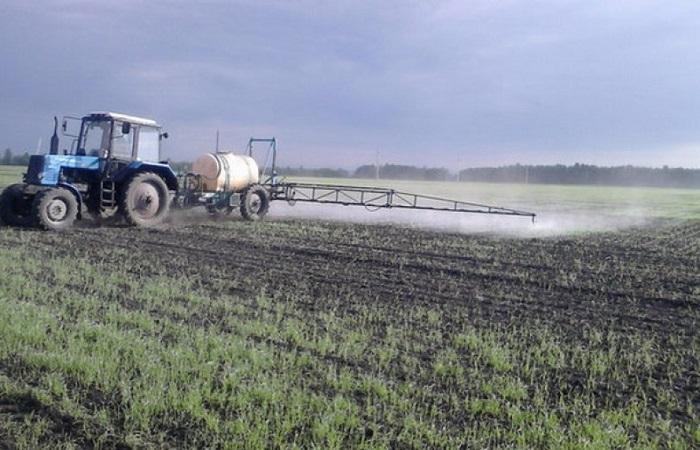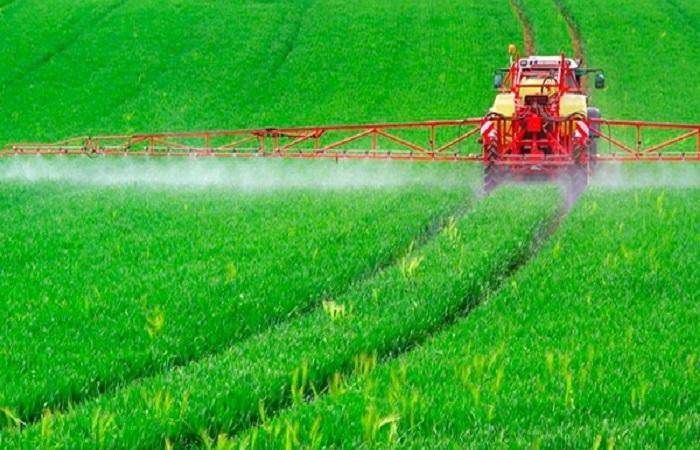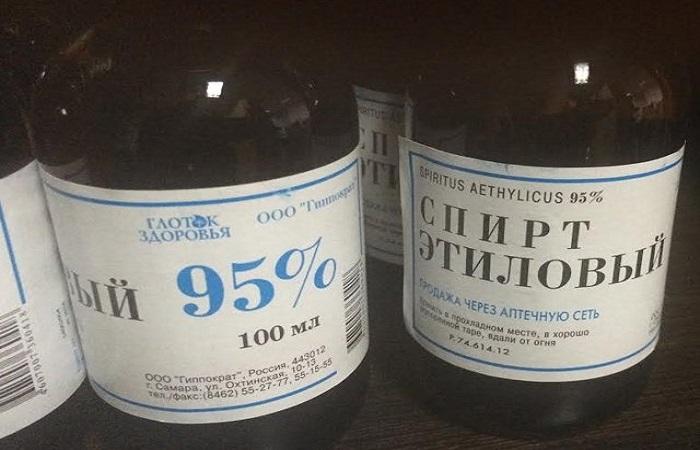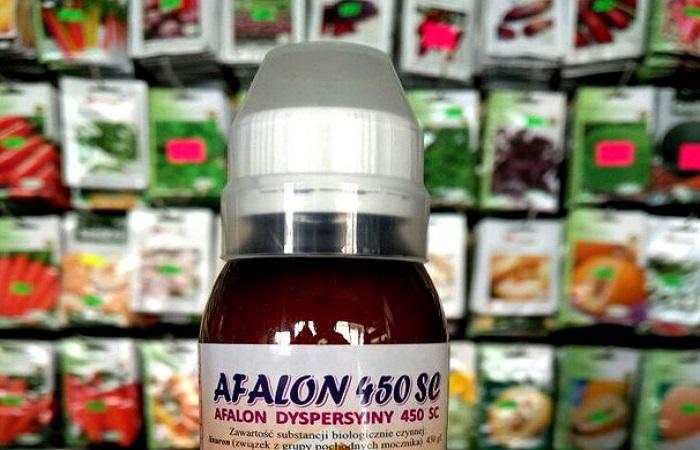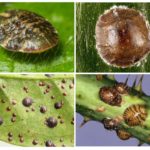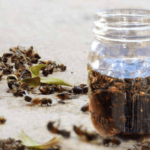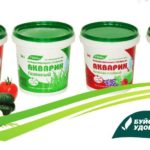"Linuron" is a herbicide that belongs to the category of organochlorine compounds and urea derivatives. This drug helps to cope with different types of weeds. To achieve the desired results, the instructions for the Linuron herbicide must be strictly followed. Thanks to this, it will be possible to get rid of unwanted vegetation.
Composition and release form of the pesticide
The active substance of the drug is obtained by the reaction of 3,4-dichlorophenyl isocyanate with N,O-dimethylhydroxylamine.It can also be created by reacting hydroxylamine sulfate with 3,4-dichlorophenyl isocyanate and further reacting the intermediate with dimethyl sulfate.
The active ingredient is a flammable solid that is odorless. It may be colorless or white. The substance is almost immiscible with water. Under the influence of acids and alkalis, its slow hydrolysis occurs.
Mechanism of action and area of use
The active component of Linuron acts through the roots and foliage of plants. Therefore, the drug can be used before and after sprouts appear. It is important to consider that the reaction of cultivated plants to herbicide is different. Therefore, the dosage must be selected individually.
Dill and carrots are highly resistant to the herbicide. Celery is considered less persistent. In this case, maximum sensitivity is characteristic of parsley. Depending on this, the amount of the substance is adjusted.
Instructions for use of the drug "Linuron"
To control weeds, different types of treatments can be used. The pre-emergence method is highly effective. To do this, the substance needs to be treated with well-plowed, moist soil. It is advisable to carry out the procedure in dry weather. Rainfall immediately after treatment can cause serious damage to cultivated plants.
It is also permissible to use the herbicide after sprouts appear. It is important to cultivate the soil in dry weather. The next precipitation should take no more than 4-5 hours.
"Linuron" can be used to process the following crops:
- Corn. It is recommended to use 1.9 liters of the substance per 1 hectare. During the growing season, no more than 1 treatment is required.
- Potato. 1.8 liters of product are required per 1 hectare. During the growing season, a maximum of 1 treatment is required. It is important to avoid getting the solution on the foliage.
- Peas. For 1 hectare it is worth using 0.9 liters of the product. It is important to carry out the procedure in dry weather. Otherwise, there is a risk of damage to cultivated plants. During the growing season, 1 treatment is carried out.
- Carrot. For the first time, the procedure must be carried out 10 days after planting. The maximum single dose of the drug is 1.8 liters per 1 hectare. It is also necessary to apply the herbicide at the stage of appearance of 3 true leaves. In this case, 1.5 liters of the substance are used per 1 hectare.
- Parsley. The herbicide should be applied 5-10 days after sowing the seeds. They need to be sown to a depth of at least 2 centimeters. For 1 hectare it is worth using 1.8 liters of the substance. It is also permissible to use the product at the stage of appearance of 3-5 leaves. At earlier stages of the plant, the composition should not be used. It is also not recommended to do this at temperatures above +20 degrees. The maximum single dose at this stage is 1.5 liters.
- Celery. The substance is recommended to be used 2-3 weeks after planting the seedlings. It is recommended to use 1.5-1.8 liters of the substance per 1 hectare.
For heavy soils that contain a lot of humus, the dosage of the herbicide should be increased.After completing the cultivation of the beds, it is recommended to postpone the mechanical cultivation of the fields. If it is necessary to destroy the soil crust, it is necessary to exert a shallow impact.
Security measures
To ensure that the herbicide does not cause harm to health, it is important to strictly adhere to safety rules when using it. To prevent the active substance from entering the body through the skin, respiratory system, mucous membranes or gastrointestinal tract, it is important to use personal protective equipment.
It is recommended to use special clothing and shoes, a mask or respirator, gloves, and safety glasses. While treating plantings with herbicide, do not drink, eat, smoke or talk. After completing the procedure, you need to thoroughly wash your hands with soap and wash.
Compatibility
The drug can be combined with other chemicals. However, it is first important to assess their compatibility by preparing a small amount of working fluid.
Expiration date and storage rules
It is recommended to store the product in a specially designated place. It is important to avoid exposure to direct sunlight or heat sources. The herbicide should be kept out of reach of children and pets. If the storage rules are followed, the shelf life of the product is 2 years.
Analogs
If necessary, the drug can be replaced. Effective analogues of the product include:
- "Nuflon";
- "Aphalon".
"Linuron" is an effective herbicide that successfully copes with various types of unwanted vegetation. For weed control to be effective, it is important to strictly follow the instructions. It is also necessary to strictly follow safety rules so that the product does not cause harm to health.

